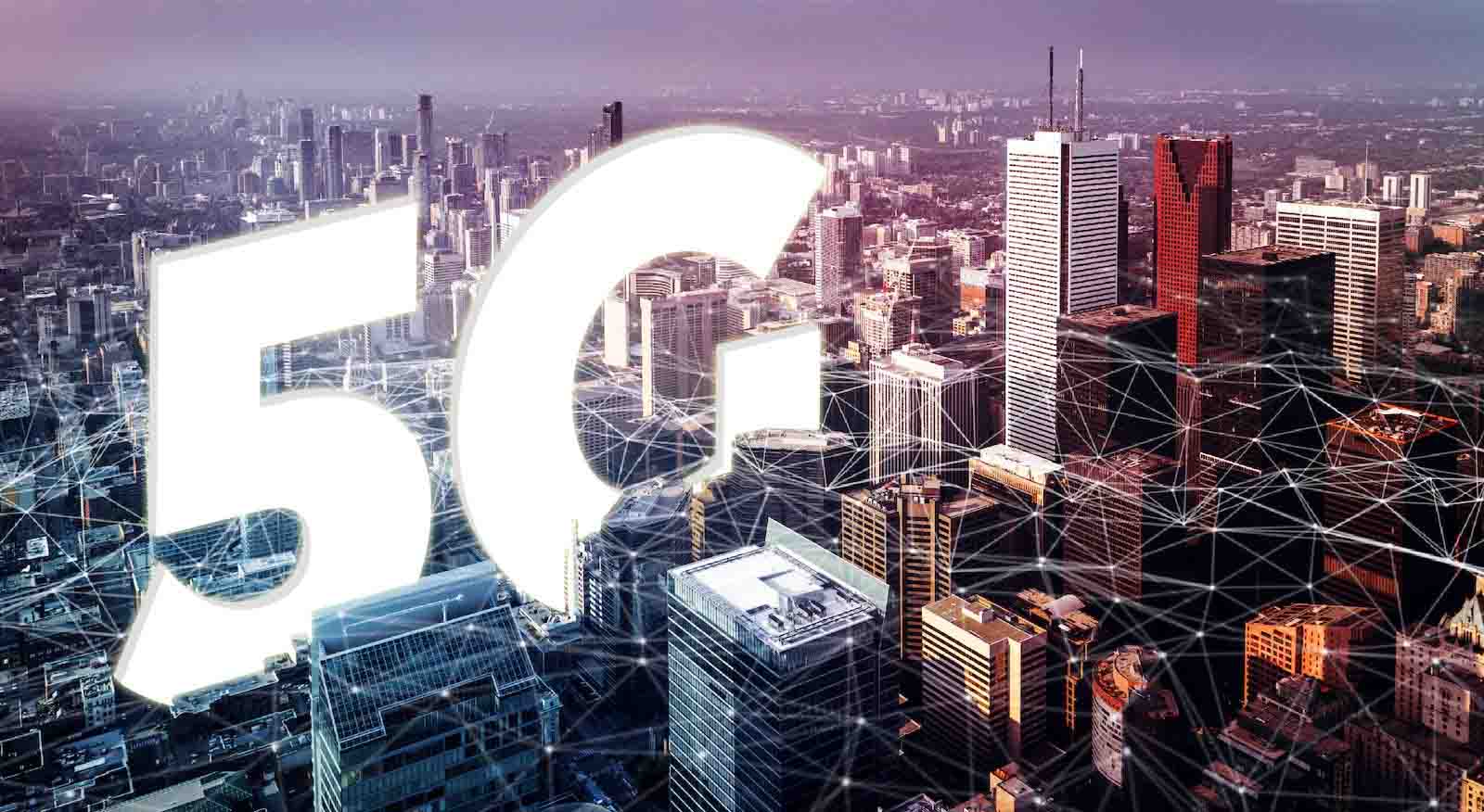A2102 Insights
Explore the latest trends and news on technology, lifestyle, and more.
5G and the Great Data Race: Who's Winning?
Discover the fierce competition in the 5G era! Uncover who's leading the great data race and what it means for the future!
Understanding the Impact of 5G on the Data Landscape
The advent of 5G technology marks a significant transformation in the global data landscape, enhancing mobile internet speeds and capacity exponentially. With download speeds up to 100 times faster than 4G, TechRadar highlights that this increased bandwidth enables seamless connectivity for a multitude of devices. This capability is particularly crucial for the burgeoning Internet of Things (IoT), where billions of devices will require reliable and swift data transfer to function efficiently. As a result, industries from healthcare to smart cities are poised to leverage this technology to unlock new levels of service delivery and operational efficiency.
Moreover, the rollout of 5G networks is anticipated to reshape the data management landscape by fostering new applications that will generate staggering amounts of data. According to Forbes, the combination of 5G with edge computing will significantly enhance data processing capabilities, moving critical analytics closer to data sources. This has implications for industries like manufacturing, where real-time analytics can lead to smarter operations. Therefore, understanding the impact of 5G on data is essential for businesses aiming to stay ahead in the rapidly evolving digital economy.

Who Are the Key Players in the 5G Data Race?
As the world transitions into the era of 5G technology, a few key players are fundamentally shaping the landscape of this data race. Among them are major telecommunications companies like Verizon, AT&T, and T-Mobile, all investing heavily in infrastructure to provide faster and more reliable internet services. Additionally, tech giants such as Huawei and Ericsson play significant roles in developing the hardware and software that will enable the deployment of 5G networks worldwide.
Moreover, governments around the globe are also critical players in the 5G data race. Countries like the UK and the USA have established regulations and initiatives aimed at accelerating 5G adoption. Alongside these entities, innovative startups are emerging, contributing to specific niche technologies that enhance 5G connectivity. As these players collaborate and compete, it is clear that the 5G data race will be pivotal in shaping future industries, economies, and everyday life.
How 5G Technology is Transforming Data Usage and Management
The advent of 5G technology is revolutionizing the way we handle data, providing faster speeds, lower latency, and increased connectivity. With theoretical speeds of up to 10 Gbps, businesses and individuals alike are experiencing unprecedented levels of data transfer efficiency. This not only enhances everyday activities—like streaming and gaming—but also enables the development of smart cities, autonomous vehicles, and the Internet of Things (IoT). As a result, organizations can now rely on real-time data analytics for decision-making, making data management more agile and responsive than ever before.
Furthermore, the implementation of 5G technology is driving a fundamental shift in data management practices. With the significant increase in data generated and collected, organizations are turning to advanced data processing tools powered by AI and machine learning. This is perfectly illustrated by the rise of edge computing, where data processing occurs closer to the source, effectively reducing latency and bandwidth usage. To explore more about how businesses can harness this technology, you can visit Gartner. The implications for industries like healthcare, manufacturing, and logistics are profound, as they can leverage real-time insights to optimize operations and enhance customer experiences.